Our Team
Our multidisciplinary team is made of technology and national security experts from across the academic, industry, military, and policy worlds. Our Senior Fellows, Fellows, and student Junior Fellows work together to produce valuable insights and solutions while training the next generation of tech policy leaders.
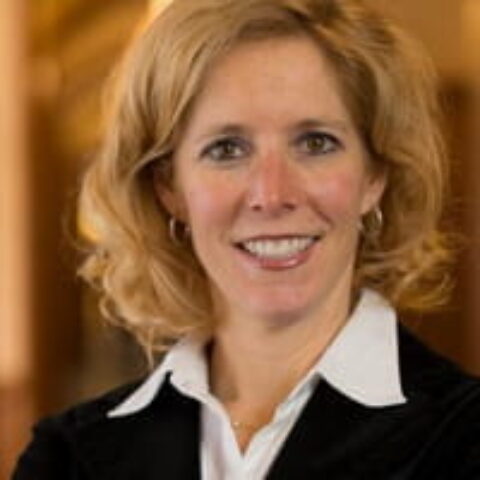
Dr. Sarah Kreps
DIRECTOR & FOUNDER
Sarah Kreps focuses on the intersection of international politics, technology, and national security. She is the John L. Wetherill Professor in the Department of Government, Adjunct Professor of Law, and the Director of the Cornell Brooks School Tech Policy Institute. She has written five books, including, most recently, Social Media and International Relations. Other books include Taxing Wars: The American Way of War Finance and the Decline of Democracy; Drones: What Everyone Needs to Know; Drone Warfare; and Coalitions of Convenience: United States Military Interventions after the Cold War.
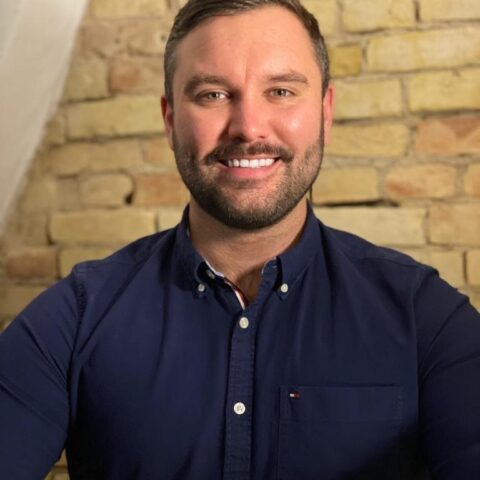
Dr. James Patton Rogers
EXECUTIVE DIRECTOR
James Patton Rogers is an expert on drone warfare, disruptive and emerging technologies, and the history of weaponry and war. He is currently the NATO Country Director of the Full Spectrum Drone Warfare project supported by NATO SPS and he provides overall strategic and operational leadership of the Cornell Brooks School Tech Policy Institute. An experienced policy adviser, James has addressed the United Nations Security Council and currently works with the UNOCT, UNCTC, and the UK Parliament as an expert adviser. Patton Rogers prioritizes policy impact and public dissemination from his academic research. He regularly writes for the Washington Post and the Bulletin of Atomic Scientists, and he hosts the Warfare podcast with over 550,000 monthly listens in 180+ countries.
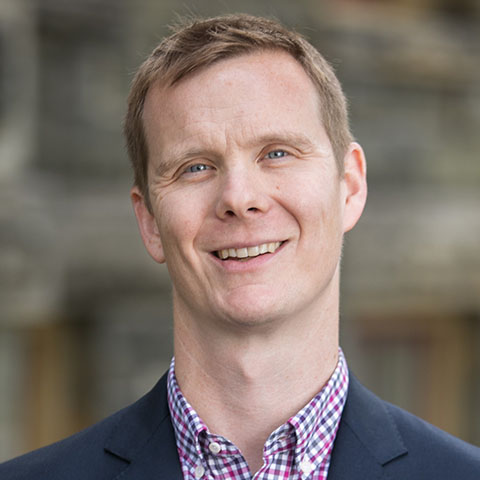
Dr. Doug Kriner
SENIOR FELLOW
Douglas Kriner is The Clinton Rossiter Professor in American Institutions in the Department of Government at Cornell University. His research and teaching interests focus on American political institutions and the separation of powers, as well as on US foreign policy and science and health policy. He is the author of five books, including most recently The Myth of the Imperial Presidency: How Public Opinion Checks the Unilateral Executive (University of Chicago Press 2020; with Dino Christenson). Other books include Investigating the President: Congressional Checks on Presidential Power (Princeton University Press 2016; with Eric Schickler) and The Particularistic President: Executive Branch Politics and Political Inequality (Cambridge University Press 2015; with Andrew Reeves).
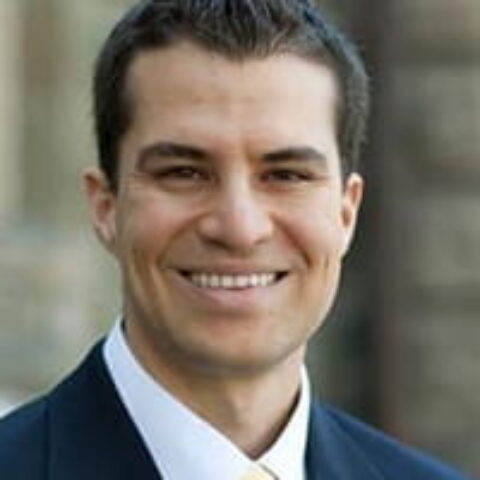
Dr. Gustavo Flores-Macías
SENIOR FELLOW
Gustavo Flores-Macías’ research and teaching focus on two main areas of political and economic development: 1) the politics of economic reforms, especially taxation, and 2) crime and policing, with an emphasis on the militarization of public safety. His most recent book, Contemporary State Building: Elite Taxation and Public Safety in Latin America, studies how institutionally weak governments can get the wealthy to shoulder a greater tax burden. In addition to serving as Cornell’s Associate Vice Provost for International Affairs, he is the editor of The Political Economy of Taxation in Latin America and the author of After Neoliberalism? The Left and Economic Reforms in Latin America, which won the Latin American Studies Association Tomassini Award in 2014.
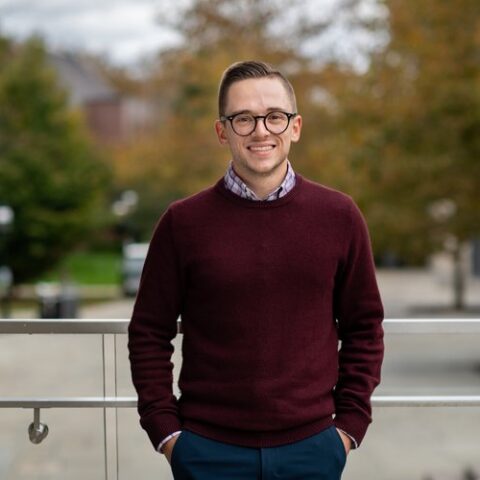
Dr. Ricky Clark
SENIOR FELLOW
Ricky Clark is an Assistant Professor of Government at Cornell University. He received his PhD (with distinction) in Political Science from Columbia University in May 2021 and was previously a postdoctoral fellow in the Niehaus Center for Globalization and Governance at Princeton University. He is a faculty affiliate of the Roper Center for Public Opinion at Cornell University, Cornell Center for the Social Sciences, and Saltzman Institute for War and Peace Studies at Columbia University. His current research focuses on international organizations, public opinion, and environmental politics. Ricky is particularly interested in policymaking at the World Bank and International Monetary Fund, including their nascent efforts to combat climate change.
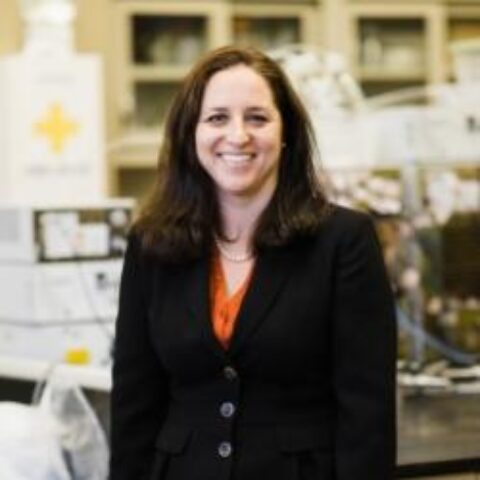
Jillian Goldfarb
SENIOR FELLOW
Prof. Jillian Goldfarb received her B.S. in Chemical Engineering from Northeastern University in 2004 and Ph.D. from Brown University in 2008, and is now an Associate Professor in Biological and Environmental Engineering at Cornell University. Her research tackles issues surrounding energy generation and its impact on the environment. On campus, Prof. Goldfarb is a Fellow at the Atkinson Center for a Sustainable Future, the Cornell Institute of Politics and Global Affairs, the Cornell Dairy Center of Excellence, and an Expert in the Cornell Energy Systems Institute. Prof. Goldfarb is an Associate Principal Editor for the journal Fuel, leading the Fall 2022 American Chemical Society Fall National Meeting Theme “Sustainability in a Changing World” and is a member of the ACS Committee on Environmental Improvement.
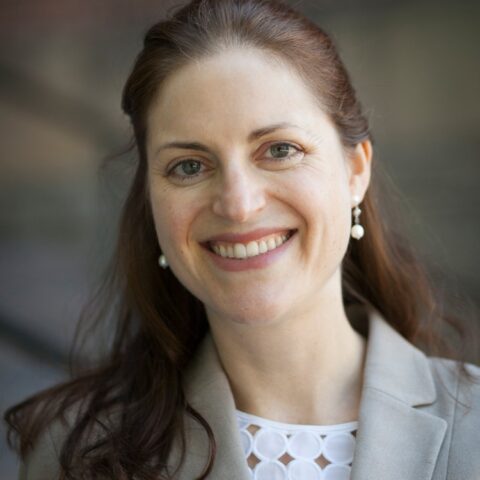
Dr. Rebecca Slayton
SENIOR FELLOW
Dr. Slayton’s research and teaching examine the relationships between and among risk, governance, and expertise, with a focus on international security and cooperation since World War II. Slayton’s current book project, Shadowing Cybersecurity, examines the historical emergence of cybersecurity expertise. Shadowing Cybersecurity shows how efforts to establish credible expertise in corporate, governmental, and non-governmental contexts have produced varying and sometimes conflicting expert practices. Nonetheless, all cybersecurity experts wrestle with the irreducible uncertainties that characterize intelligent adversaries, and the fundamental inability to prove that systems are secure. The book shows how cybersecurity experts have paradoxically gained credibility by making threats and vulnerabilities visible, while acknowledging that more always lurk in the shadows.
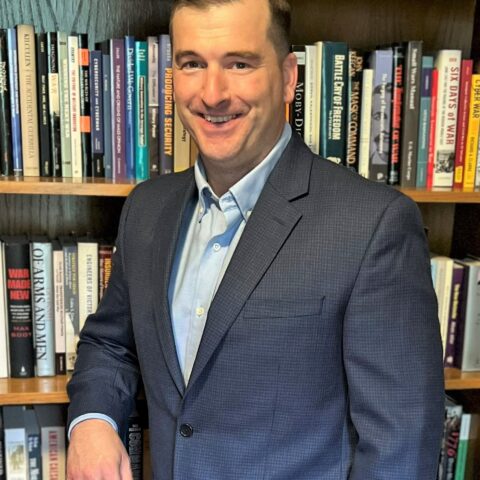
Dr. Keith Carter, LTC, U.S. Army
NON-RESIDENT SENIOR FELLOW
LTC Keith Carter is the Director of the Defense and Strategic Studies program at the United States Military Academy. He earned a PhD in Political Science and Government from the University of Pennsylvania in 2019.
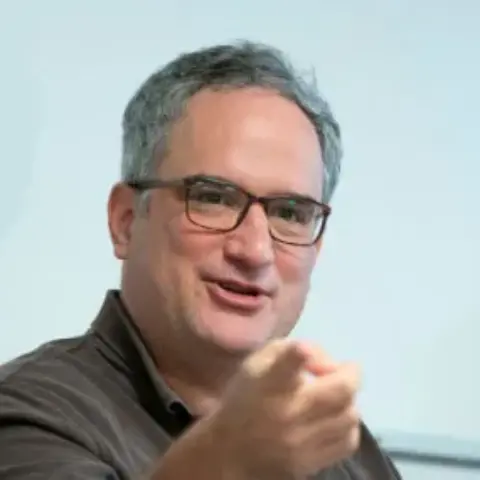
Dr. David Silbey
SENIOR FELLOW
David Silbey is the Director of Teaching and Learning at the Cornell in Washington program in the Jeb E. Brooks School of Public Policy at Cornell University. Dr. Silbey specializes in the industrialized total wars of the 20th century and the asymmetric responses — guerrilla warfare, insurgency, and terrorism — to those wars. He has written books on the British Army in World War I, the Philippine-American War, the Boxer Rebellion in China, and US military encounters with non-western nations. He is the series editor for Cornell University Press’ military history series “Battlegrounds: Cornell Studies in Military History.” Dr. Silbey got his Ph.D at Duke University and his BA at Cornell University.
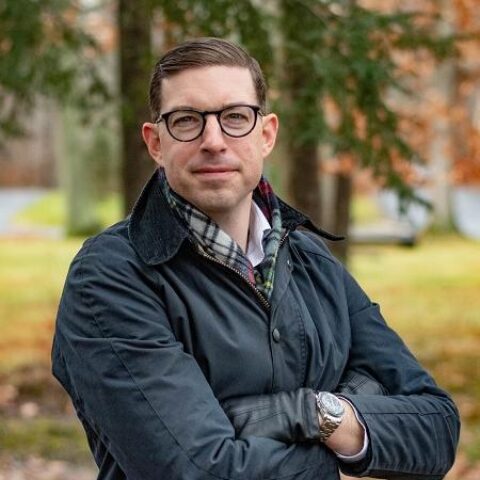
Dr. Paul Lushenko, LTC, U.S. Army
NON-RESIDENT SENIOR FELLOW
LTC Paul Lushenko is the Director of Special Operations and a Faculty Instructor in the U.S. Army War College’s Department of Military Strategy, Planning, and Operations. He earned his Ph.D. and M.A. in International Relations from Cornell University. He also holds an M.A. in Defense and Strategic Studies from the U.S. Naval War College, an M.A. in International Relations and a Master of Diplomacy from The Australian National University, and a B.S. from the U.S. Military Academy. He is the co-editor of Drones and Global Order: Implications of Remote Warfare for International Society (2022), which is the first book to systematically study the implications of drone warfare on global politics. He also has a book forthcoming on the public’s perceptions of legitimate drone strikes, entitled The Legitimacy of Drone Warfare: Evaluating Public Perceptions.
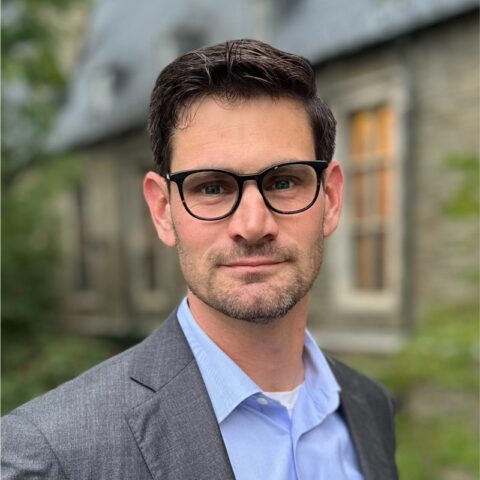
Brett Reichert
TPI DIRECTOR’S FELLOW
Brett Reichert is a U.S. Army Goodpaster Fellow and PhD student in Public Policy at Cornell University. His research examines how emerging military technology affects conflict dynamics and the use of force. He is interested in the ways legal regimes respond to and shape technological development in armed conflict and the national security context. He is particularly interested in the rise of automation and autonomy in military systems. He holds a Master’s of Policy Management from Georgetown University. Prior to joining Cornell, Brett was a Bradley Fellow assigned to the 19th Chairman of the Joint Chiefs of Staff and the 40th Army Chief of Staff.

Dr. Lilly Muller
FELLOW
Lilly Pijnenburg Muller is a Fellow at the Cornell Brooks Tech Policy Institute. Her work focuses on the intersection between politics, security, and technology. Muller is also a Fulbright Postdoctoral Fellow in the Department of Science & Technology Studies and in the Judith Reppy Institute for Peace and Conflict at Cornell University. Previously she worked as a Research Fellow at the Norwegian Institute of International Affairs (NUPI) and as a James Martin Fellow in the Global Cyber Security Capacity Building Centre (GCSCC) at the University of Oxford. Lilly holds a PhD from the War Studies Department at King’s College London.
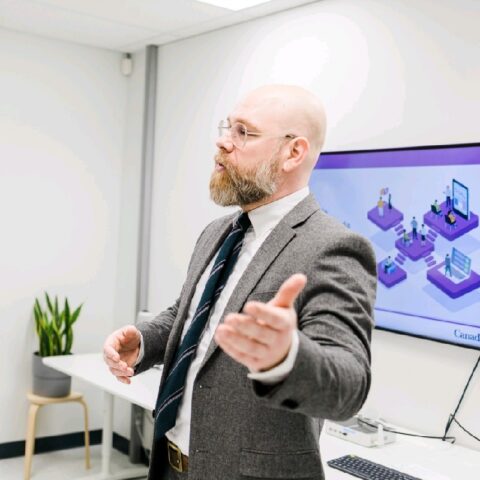
Dr. Jean-François Bélanger
NON-RESIDENT FELLOW
Jean-François Bélanger is an expert on nuclear politics, disruptive and emerging technologies, and coercive diplomacy & conflict escalation. He’s currently leading Wargaming as Experiments: Strategy and Unintended Consequences (WESUE) funded by the European Union’s Horizon 2020 fund as part of his Marie Skłodowska-Curie Fellowship. The project uses geopolitical simulations to understand better the causes of nuclear escalation and restraint. Jean-François is interested in the ways in which geopolitical simulations can be used to generate data in rare events, develop better heuristics for crisis decision-making, and to inform military exercises. He is a Non-Resident Fellow of the Cornell Brooks Tech Policy Institute at Cornell University and was previously a fellow at Yale’s International Security Studies and at the Balsillie School of International Affairs at the University of Waterloo.
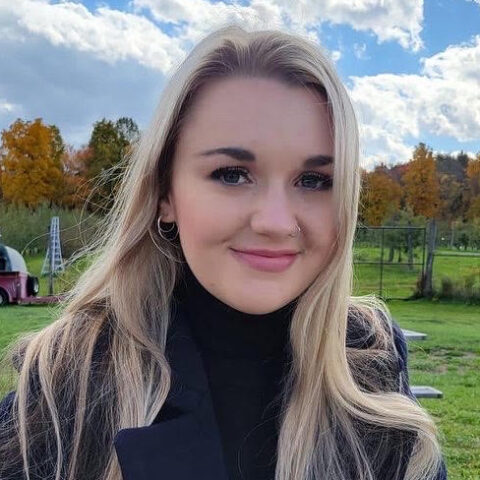
Amelia Arsenault
FELLOW
Amelia C. Arsenault is a PhD candidate at Cornell University’s Department of Government, in the IR subfield. Her research explores the implications of emerging technology on international relations, with a particular focus on AI, surveillance, and ‘smart city’ technologies. She contributed a chapter in the forthcoming Oxford Handbook of AI Governance, and her work has been published in the Canadian Foreign Policy Journal, the Harvard Business Review, and the Journal of Peace Research (forthcoming). Her doctoral research has received funding from the Social Sciences and Humanities Research Council and the Department of National Defence Mobilizing Insights in Defence and Security (MINDS) Scholarship Initiative.
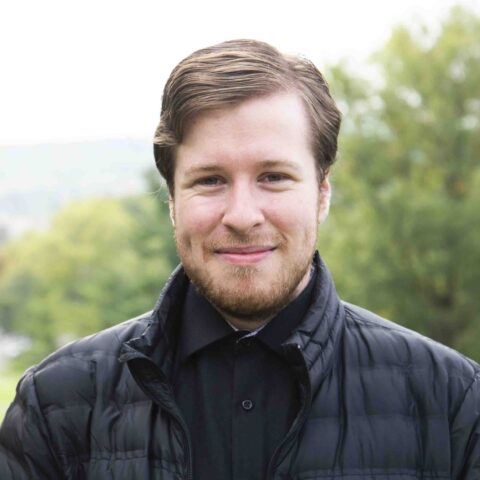
Avishai Melamed
FELLOW
Avishai Melamed is a PhD Student at Cornell University’s Department of Government in the International Relations subfield. His research focuses on the politics of technology, science diplomacy, and patterns of international cooperation and competition. He has published in Acta Astronautica and the Journal of Space Safety Engineering, and written for the Center for Space Policy and Strategy and Brookings TechStream. Avishai holds a Bachelor of Arts in Political Science – International Relations and History from University of California, San Diego.
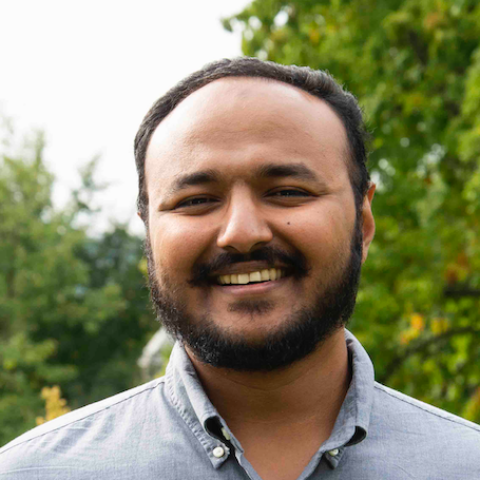
Adi Rao
INDUSTRY FELLOW
Adi Rao is a PhD candidate at Cornell University’s Department of Government and associate at the RAND Corporation. He is currently an Industry Fellow at Cornell University’s Tech Policy Institute. He researches national security and technology issues, including space politics, cyber defense, and the political economy of semiconductor chip supply chains. He earned his BA in Economics from NYU in 2015 and an MA in Politics from Columbia University in 2018.
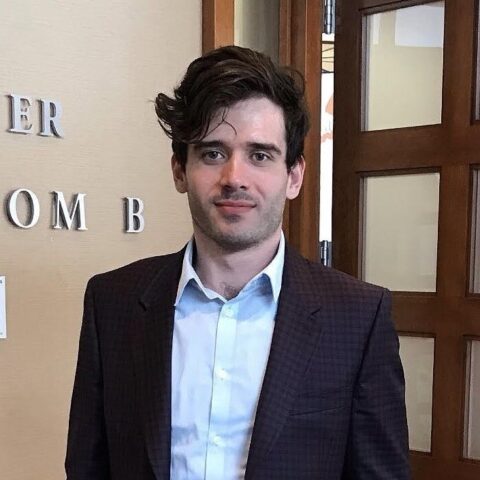
Dr. Jon McCandless
FELLOW
Dr. Jon McCandless is an Ignite Postdoctoral Fellow at Cornell University, where he is working to commercialize his research on semiconductors. Prior to Cornell, Jon worked at the Air Force Research Laboratory (AFRL) focusing on device fabrication and testing of gallium nitride and gallium oxide devices. He was a member of the ACCESS Center – a joint center between AFRL and Cornell devoted to gallium oxide. He earned his PhD in Electrical and Computer Engineering at Cornell and received the NSF Graduate Research Fellowship (GRFP) and was an Irwin Jacobs Family Fellow.
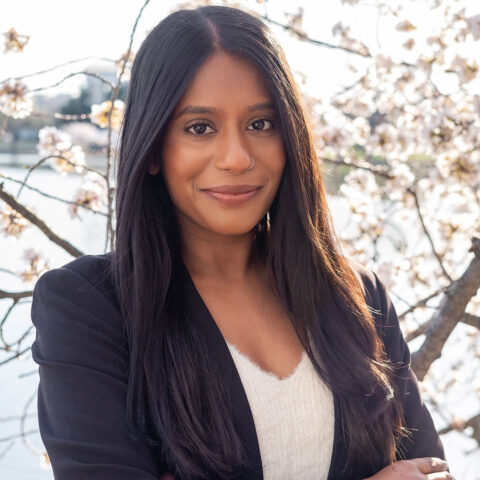
Dr. Julie George
FELLOW
Dr. Julie George received her PhD in the Government department at Cornell University, specializing in international security in August 2023. Broadly, her research examines the proliferation of emerging technologies and their impact on the probability and nature of conflict and cooperation in the international system. Currently, she is an International Security Program Postdoctoral Fellow at the Belfer Center for Science and International Affairs at the Harvard Kennedy School. Previously, she was a predoctoral fellow at the Center for International Security and Cooperation (CISAC) and Human-Centered Artificial Intelligence Institute (HAI) at Stanford University (2022-2023). Prior to her PhD studies at Cornell University, she worked at the Atlantic Council and completed a graduate fellowship at the Nonproliferation Education and Research Center (NEREC) housed at KAIST University in South Korea. She has a B.A. and M.A. in Political Science from Boston University, where she received the Best Thesis Award and was inducted into Phi Beta Kappa.
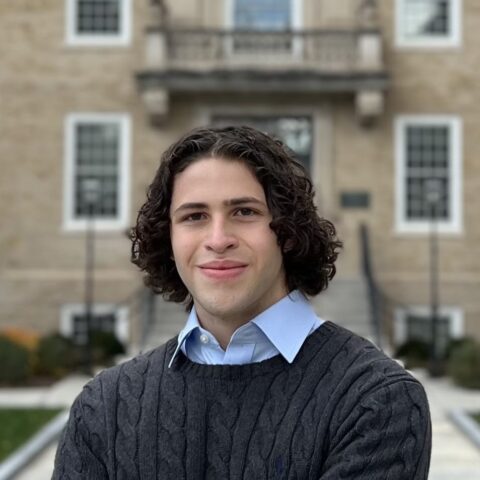
Lucas Galioğlu
JUNIOR FELLOW
Lucas Galioğlu is an Information Science student in the College of Arts & Sciences at Cornell University, concentrating in Information Ethics, Law, and Policy. He is also pursuing a minor in Computer Science. Lucas is a writer for the Cornell Economics Society and a Brother of Phi Alpha Delta Pre-Law Fraternity. He is passionate about building responsible applications and policies for generative Artificial Intelligence that lead to positive societal impact.
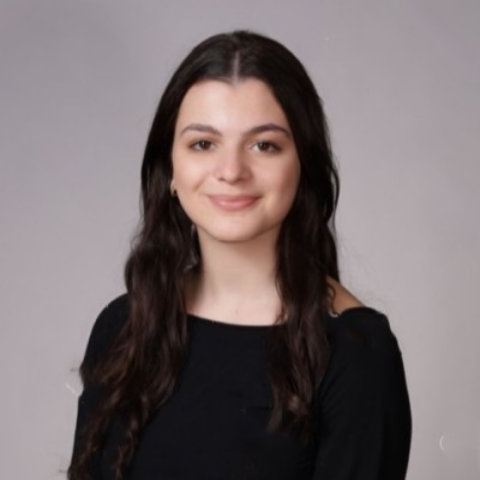
Abby Srulevich
JUNIOR FELLOW
Abby Srulevich is a Tanner Dean’s Scholar at Cornell University studying Government in the College of Arts & Sciences. On campus, she is a fellow of Pi Lambda Sigma’s pre-professional government society. Her research interests lie in media studies—with a focus on online extremism and radicalization studies.
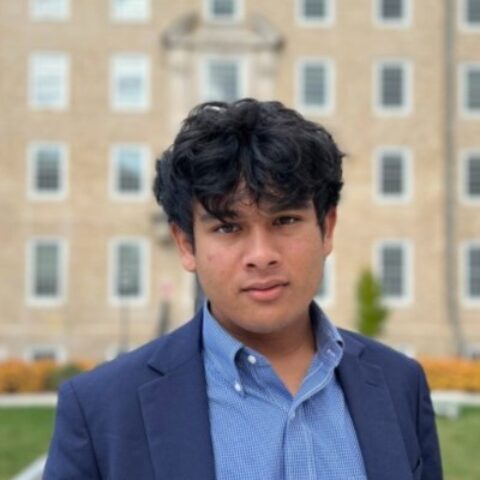
Eeshaan Chaudhuri
JUNIOR FELLOW
Eeshaan Chaudhuri is a first-year Public Policy student in the Brooks School of Public Policy at Cornell University pursuing minors in International Relations & Philosophy. On campus, he is a writer for the Cornell Policy Review, a travel team member of the Cornell International Relations Society, and a Tour Guide. His interests lie in global security systems and the balance between privacy and security in the 21st century.
